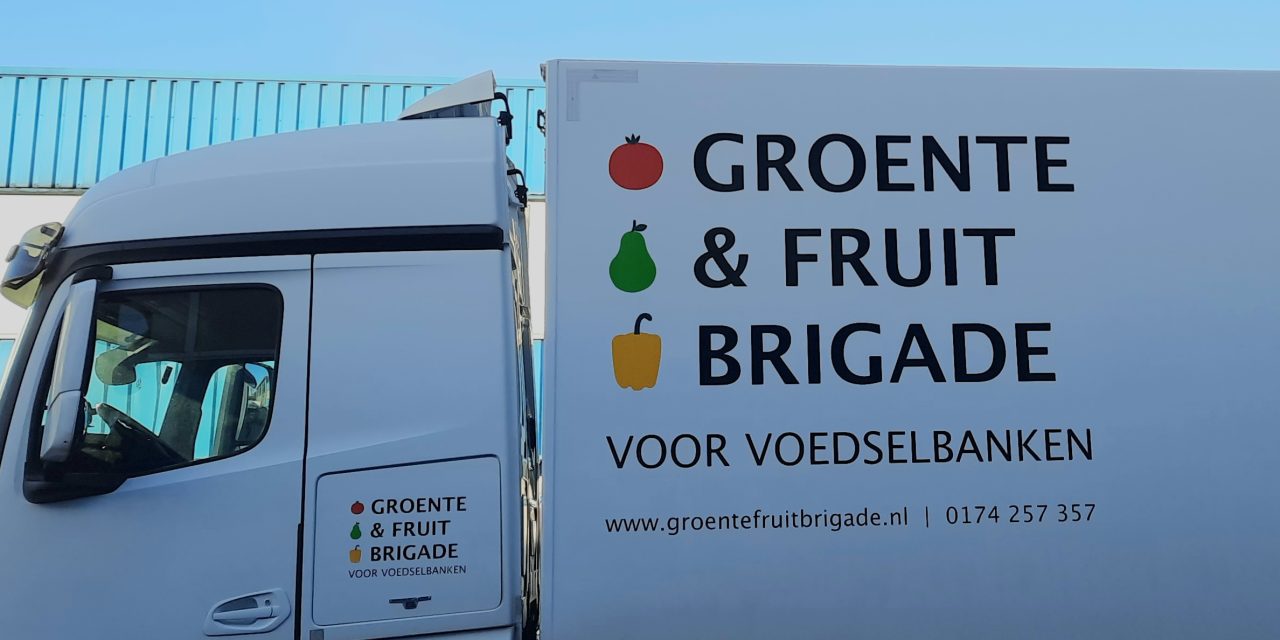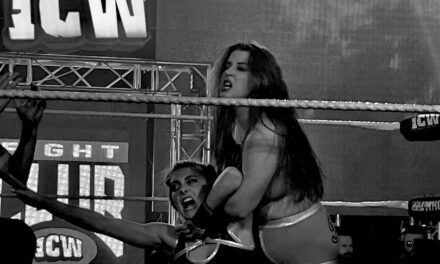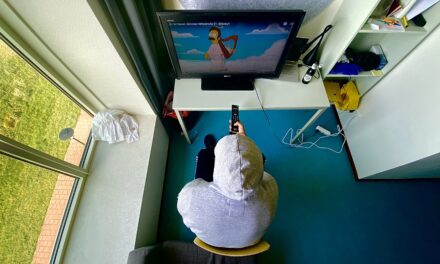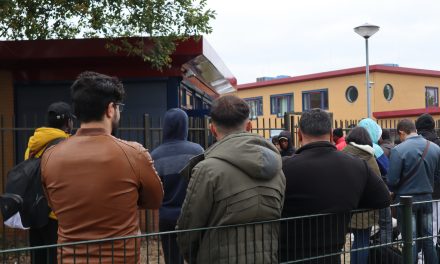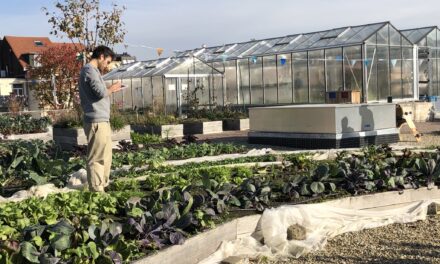We are used to looking at developed countries, such as the Netherlands, only in a wealthy and powerful view. But every country has its own issues and poverty level. Even though the economy of the Netherlands, according to Forbes, was the 15th largest in the world in 2022, there are around a million people who live below the poverty line and every year the number rises.
One of possible ways to help people in the sight of poverty is food banks. In one of the Netherlands cities, Utrecht, there are 8 food bank points. The points of food pick-ups are located in living areas. Usually, it is founded in public use premises such as churches, shelters, and community centers.
People can come and take packages of food, hygiene goods every once a week. Before food bank points open the door, there are already a couple tens of people gathering and waiting. You can see a lot of different people around: women with one small child or more, families with more than 3 children, men, women, young and old people. Poverty does not choose. There are healthy and ailing people. Children are playing around, women and men talk in small groups or stand alone and just wait for the doors to be opened. Some people laugh, others look worried. Some look tangled up. Children look happy while playing with each other. The bigger part of those who came look like immigrants, possibly from Eastern Asia.
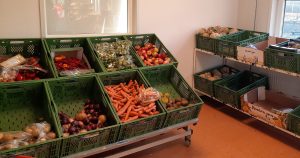
People can come at food bank as to a store and choose what they need by themselves.
At least in the last 7 decades, since 1950, the population in the Netherlands has grown every year. Mainly it was growing because of a bigger flow of external immigration. Over the first three quarters of 2022, the population of the Netherlands grew by 191 thousand because of migration. This is more than double the growth over the same period in 2021.
Between food banks program’s participants are at least 50 % of immigrants. Coordinator of a food bank in Utrecht, Elizabeth Kooistra says “there are a lot of reasons why immigrants start to participate in food bank’s program. One of them is because when they come to the Netherlands from non-European countries, they do not know the value of one euro. So they spend all their money in a week and do not have from what to live the rest of the month. Also there are a lot of single unemployed women who have children.
“In a year or more should be not established more new food banks, but the net of those which already exist should grow bigger” – says coordinator of a food bank in Utrecht, Elizabeth Kooistra.
Usually those who need help from a food bank program do not earn enough money. There is a system, for example, if a single person has left 300 euros or less for food after paying rent and bills, the person can start to use the food banks program. But every year the money limit is rising, because there appears to be more and more people with low incomes who need help and food banks now do not always have the opportunity to help everyone. This is because the number of people who need help is rising fast and food banks are becoming unable to help for everyone.
Project coordinator in Foundation Food Bank in Utrecht Ingrid Verkerk says that she thinks “the number of food banks will keep growing, because more and more people need help. If the number won’t grow there will be a need to change how food is distributed. If the need for food banks will grow there won’t be enough space anymore in current premises, it will be a need to expand in space and time spheres.”
There were a bunch of people who came to pick up packages for themselves or for their family. Very often volunteers do not even have a minute to rest until the last person picks up the package. The need for food banks is growing. But Elizabeth Kooistra says that “in a year or more should be not established more new food banks, but the net of those which already exist should grow bigger”.
Food bank’s volunteers are not just helping for people with food, but also with emotional help.
Usually food banks are given only already made packages, but as Ingrid Verkerk mentioned, “there is one more alternative to how people can get food apart from getting already made packages. There are some food bank points which are like stores. People can come here and choose what products they need. It might have an impact on people’s dignity.” Instead of money, there is a points system. For example, a person who lives alone has ten points to make its own package. It means that they can take things for points, for example, coffee is one point, oil is two points. When the number of members in a family is bigger, the points number also rises. The concept of this food picking point is so people would come and pick up what they really need and use, because in already made packages there might be products, which people do not use. Also this point helps for people to feel more dignity, because they can come to a shop and pick up products by themselves. Also women hygiene products here are here for free just as baby pampers.
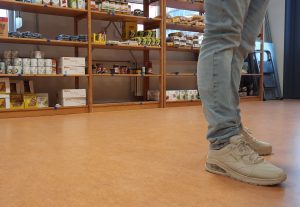
Food bank’s “store”
Food bank’s volunteers are not just helping for people with food, but also with emotional help. Elizabeth Kooistra said that “people who volunteer at food banks, sometimes have to be even psychologists and psychotherapists for customers, because people, especially women, come to them asking for help or emotional support.“
The first food bank in the Netherlands was founded 21 years ago, in 2002. Since then, the need for food banks kept growing. Today there are 171 food banks. Amount of people who need food banks support grows not yearly, but even monthly now.
